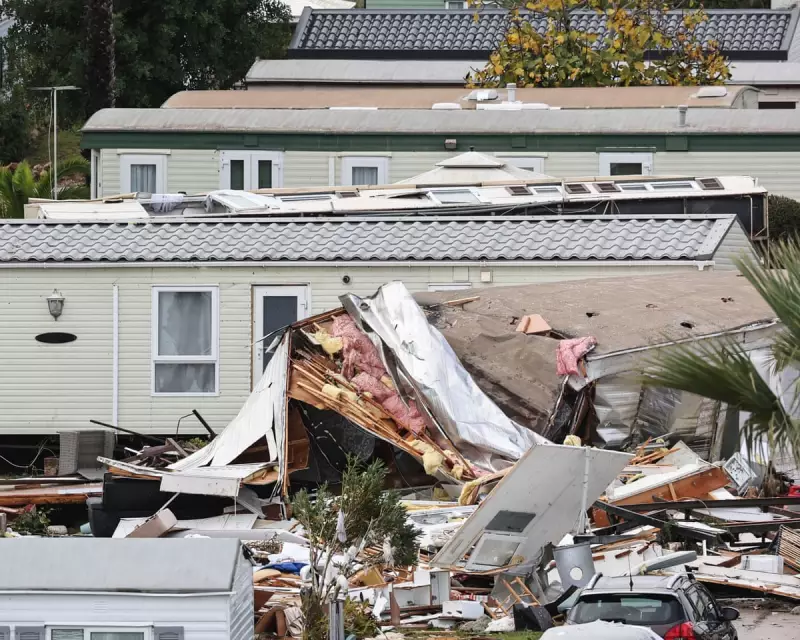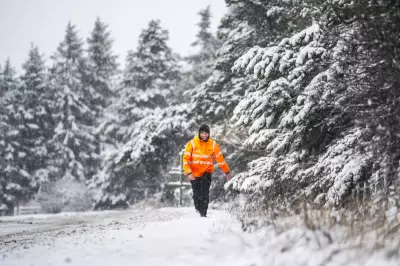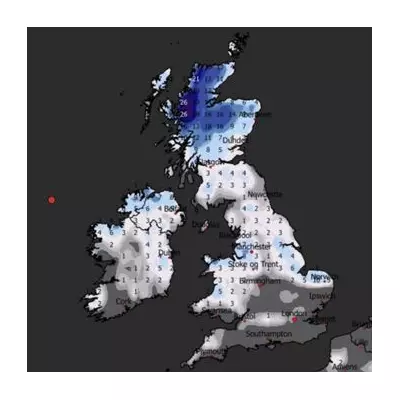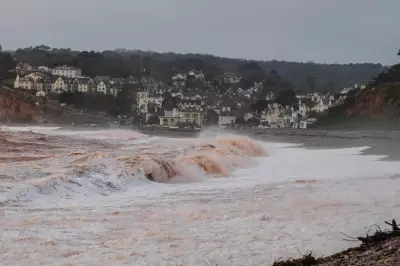
A devastating tornado has torn through a campsite in southern Portugal, killing an 85-year-old British woman and injuring 28 others as Storm Claudia continues to batter the Iberian peninsula.
Storm System's Path of Destruction
The severe weather system developed from an area of low pressure that previously brought early season cold and snowy conditions to eastern Canada and the north-eastern United States in early November. During the second weekend of November, the system tracked eastwards across the Atlantic before slowing and stalling north-west of the Iberian peninsula, caught in an increasingly amplified jet stream.
Spain's meteorological service AEMET officially named the storm Claudia last Monday, warning of several bouts of heavy rainfall that would slowly push through during the rest of the week.
Flooding and Tornado Impact
Galicia in north-west Spain felt the storm's initial impact, with 80-150mm of rain falling along its west coast within just 24 hours up to Wednesday evening. The slow-moving band of rain then pushed across western parts of the Iberian peninsula, bringing further showers and thunderstorms on Thursday that caused significant flooding in Portugal.
Tragedy struck in Lisbon when an elderly couple died after water from the overflowing Tagus River entered their home while they slept. The stormy conditions persisted into the weekend, culminating in Saturday's tornado that ripped through a campsite and nearby hotel in Albufeira, southern Portugal.
The tornado proved particularly destructive, tearing through the tourist area and resulting in the death of the British octogenarian while leaving 28 people injured, some seriously.
Wider European Weather Impacts
Storm Claudia's influence extended far beyond the Iberian peninsula. By drawing warm air from the subtropics, the system helped temperatures in south-west France climb to 29.8C (85.6F) - the country's highest recorded November temperature.
By Friday, this warm and humid air mass collided with colder air across northern Europe, forming a band of rain stretching from western Ireland to Russia. In the UK, this stalling weather system brought exceptionally high rainfall totals, causing historic flooding in Wales.
As Claudia continues to weaken early this week, meteorologists predict the cold air mass will push southwards, giving Europe its first proper taste of winter conditions.
Meanwhile, California experienced its own weather extreme with an 'atmospheric river' bringing heavy rain and strong winds that led to flash flooding and mudslides in areas previously affected by wildfires. More than 100mm of rain fell over coastal parts of southern California, reaching 200mm in some elevated areas.
The atmospheric river - a plume of warm, moist air originating from the tropics - caused particular problems in burn scar areas including Pacific Palisades and Altadena, where flash flooding and mudslides prompted evacuations. The severe weather claimed additional lives, including a 71-year-old man whose vehicle was swept off a flooded bridge and a seven-year-old girl along with her father who were swept into the ocean by large waves on the Central Coast.





